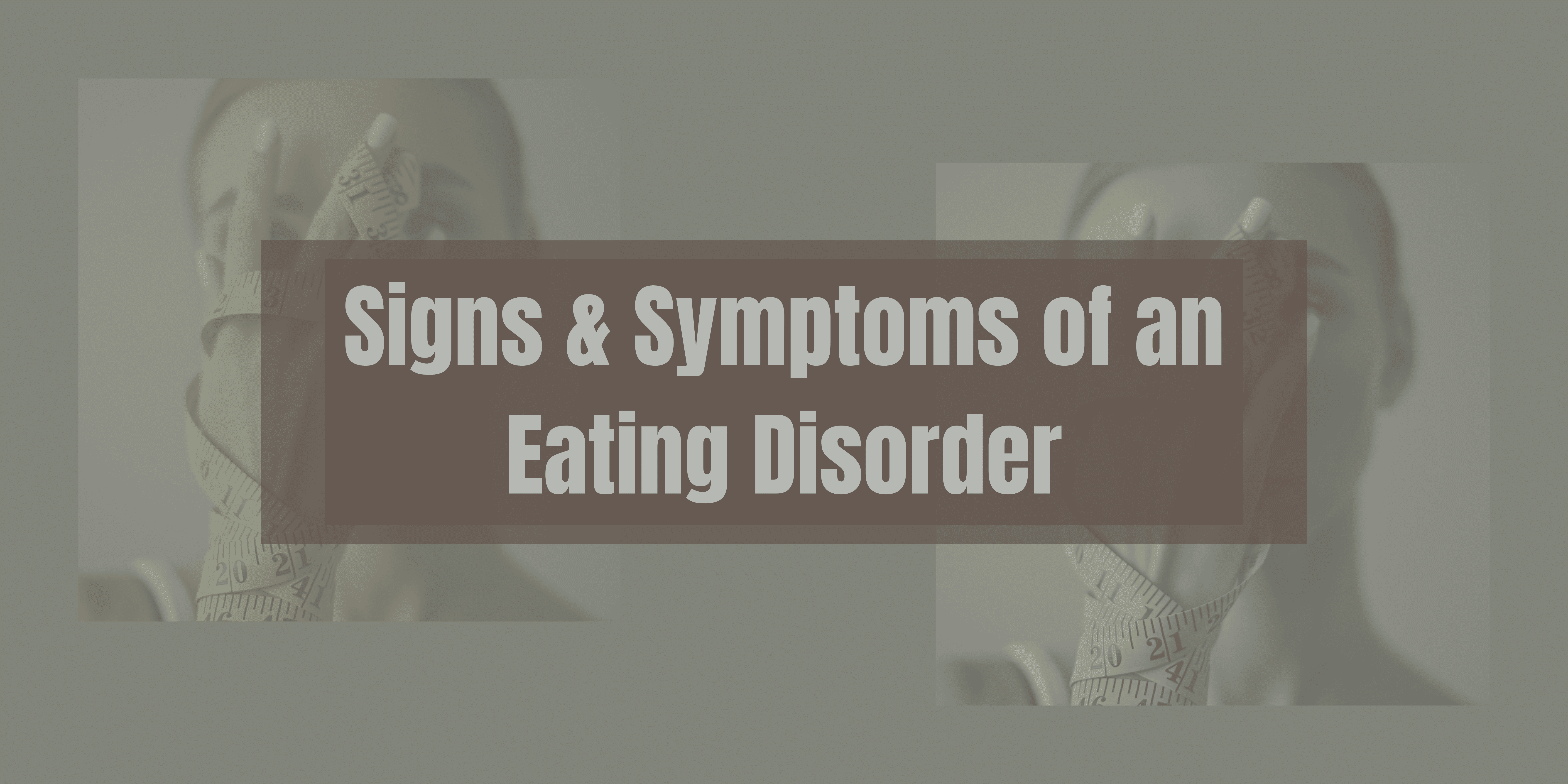Are there signs/symptoms I would notice if my teenager or someone else I know is struggling with an eating disorder?
Parents, you may be wondering how you can notice if your child or teen is struggling with an eating disorder. If this is the case, here are some potential ways to tell whether your child is battling with this mental health struggle.
Early detection of an eating disorder may prevent a teenager from years of significant misery and disruption in his or her life. Take a moment and think about your teenager’s behavior and the following signs of a possible eating disorder:
- Preoccupation with weight, food, calories and dieting
- Discussing perfection or need for perfection consistently
- Exercise is an excessive, rigid activity despite fatigue, illness, injury or weather
- Constant complaints about being fat in spite of normal or thin appearance
- Frequent comparison of body image/diet with others
- Unnatural facial hair growth in girls due to malnutrition
- Withdrawal from activities because of weight and shape concerns
- Anxiety about being fat which does not diminish with weight loss
- Evidence of self-induced vomiting
- Messes and smells in the bathroom
- Disappearing to the bathroom after meals
- Swelling of the glands near the ear which creates a “chipmunk” appearance (caused by inflammation of the saliva glands)
- Evidence (wrappers, coupons, advertisements, etc.) of the use of laxatives, diuretics, diet pills, enemas
- Consumption of large amounts of food inconsistent with the person’s weight, or hoarding/stealing food
- Alternating periods of restrictive dieting and overeating sometimes accompanied by dramatic weight gain or loss
- Cessation or erratic menstrual cycles
- Obsession with appearance as a definition of self which is often accompanied by perfectionist thinking
- Fainting, lightheadedness or dizziness not explained by any other medical problem
- Unusual redness and puffiness around the eyes caused by purging, binge eating and overeating
- Poor dental hygiene, bad breath, dryness of the mouth area and cracked lips, caused by purging and dehydration
- Abnormal sleeping patterns
- Hyperactivity
- Refusal to eat meals with family
- Food rituals (such as eating food in rigid sequence, foods cannot touch each other, eating a very limited variety of foods, cutting food into small pieces, blotting foods with napkins to remove fat)
Final Thoughts on Signs & Symptoms of an Eating Disorder
These are some of the warning signs of anorexia nervosa, bulimia nervosa and binge eating disorder. Severe medical complications may accompany these diseases. Some of the complications are deadly. If you or your child is struggling with an eating disorder, reach out for professional help. There is hope and healing out there for you!


















